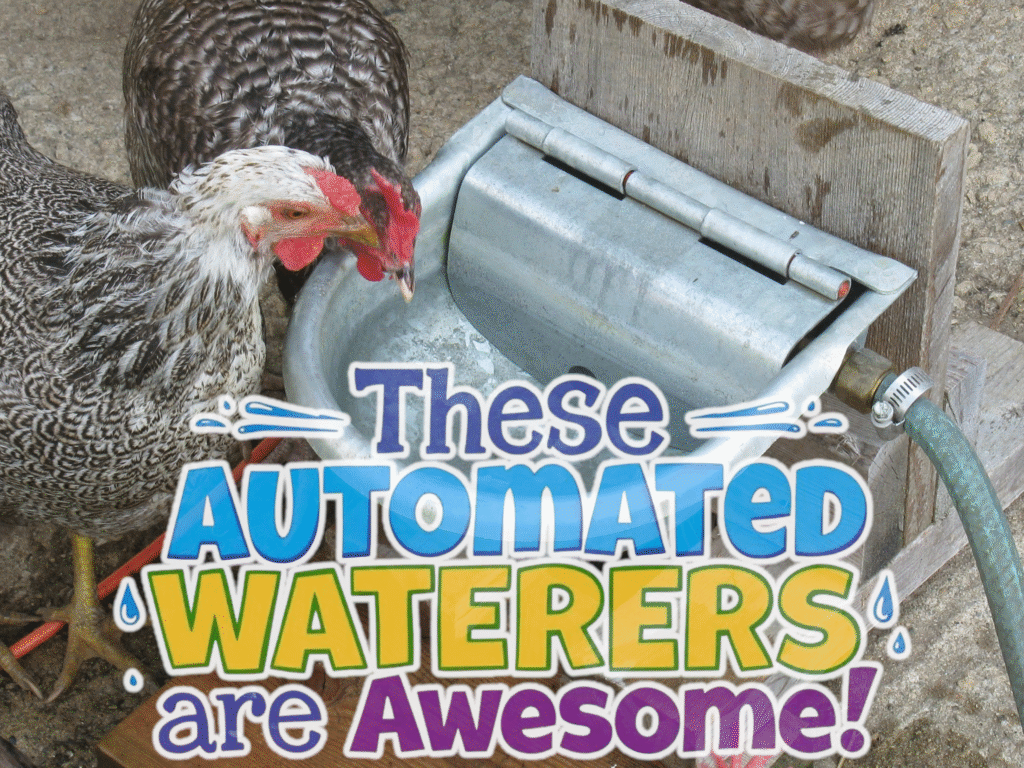
So… Why Do Chickens Eat Their Own Eggs?
I’ll never forget the morning I went out to collect eggs and found a sticky mess instead. At first, I thought maybe one had cracked by accident—but the next day, same thing. Turns out, one of my hens had started eating her own eggs. And yep, once one starts, the others catch on quick.
So why do chickens eat their own eggs? A few key reasons came up as I dug into the cause:
- Nutritional Deficiency – If they’re not getting enough calcium, they may seek it from their own shells.
- Curiosity Gone Wrong – A peck out of boredom or by accident can lead to a new habit.
- Soft or Broken Eggs – If the shell is too thin, it might break during laying—and that broken yolk becomes an easy snack.
- Cramped Nesting Boxes – Stress, overcrowding, or poor lighting can make hens more destructive in their space.
What helped me the most? Realizing that poor nutrition played a bigger role than I thought. I started offering free-choice oyster shell supplements and noticed a difference in egg strength almost immediately.
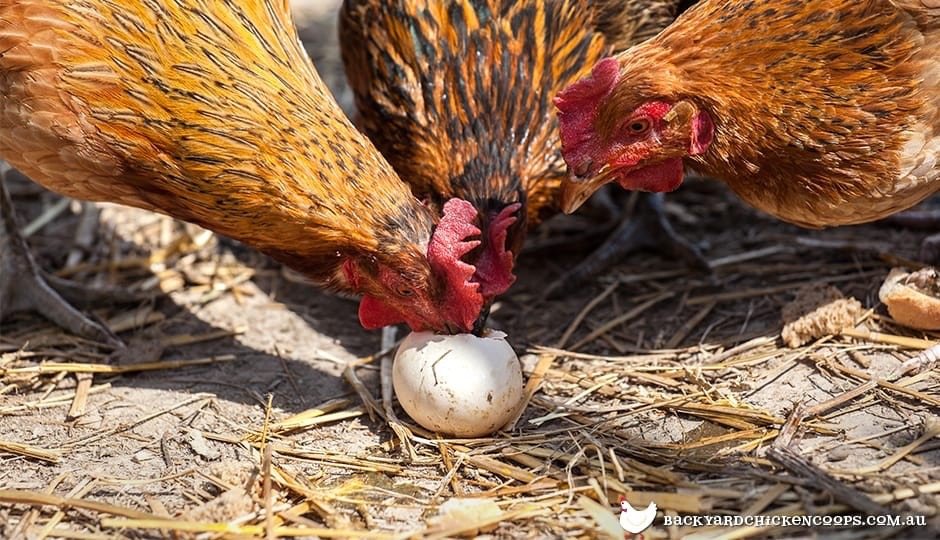
Is Egg Eating a Sign of a Bigger Problem?
Honestly, yes—it can be. If your chickens are suddenly going after their own eggs, it’s usually not just a quirky phase.
Sometimes it’s nutritional, like I mentioned above, but other times it points to stress in the coop. Are your nesting boxes overcrowded? Do the hens have enough space to roam? Are they getting bored? These things all add up.
If your hens are also laying fewer eggs or skipping days, it could be worth checking out this guide I wrote on why chickens stop laying. Egg eating is often just one piece of a bigger puzzle. One thing I wish I’d known sooner? How powerful ceramic eggs can be. They help retrain your hens to not expect a yolky reward every time they peck.
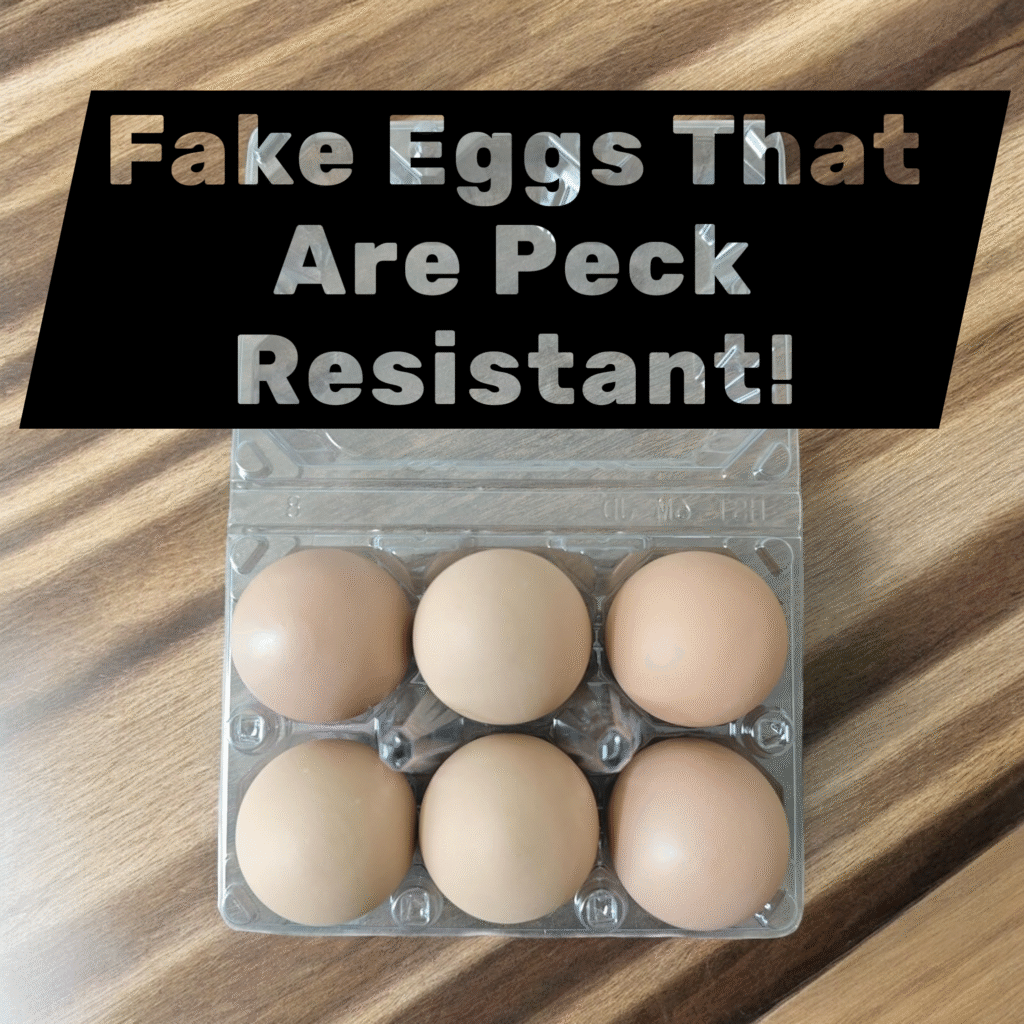
How I Stopped My Hens from Eating Their Eggs
When I realized I had an egg-eater (or two) in the flock, I tried a handful of things. Some worked. Some didn’t. Here’s what actually helped me break the habit:
- Switched to stronger feed with more calcium and protein. I now always keep oyster shell out free-choice. That alone helped firm up their shells and reduce breaks.
- Added fake eggs. Using ceramic eggs tricked my girls into pecking something unbreakable. They eventually gave up trying.
- Collected eggs more often. The less time eggs sit in the nest, the less chance a hen will find and eat one.
- Reworked my nesting boxes. I darkened the spaces, added straw, and gave the hens more privacy.
It took a week or two of consistency, but eventually, they stopped the bad behavior—and I stopped losing eggs to yolk-thieving beaks.
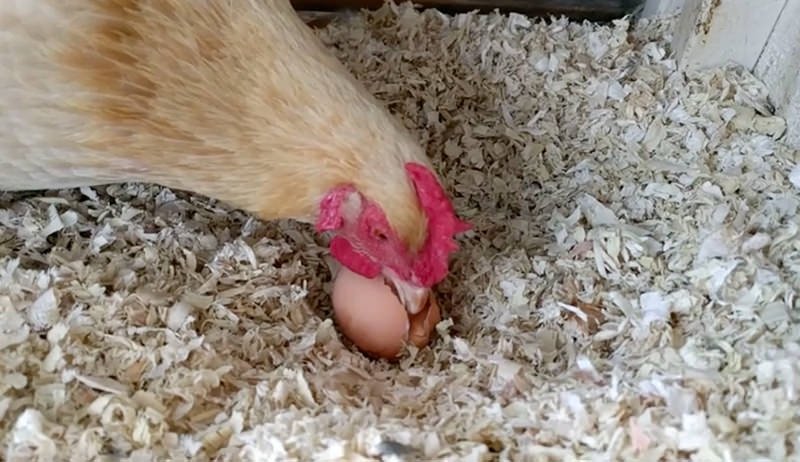
Signs You’ve Got an Egg-Eater (and Not Just Broken Eggs)
At first, I assumed I had a few soft-shelled eggs cracking by accident. But here’s what tipped me off that it was more than that:
- Yolk residue in the nesting box but no shell.
- Sticky beaks or feathers around the mouth area.
- A decrease in egg count with no explanation.
- Chickens caught in the act or hovering suspiciously near freshly laid eggs.
If you see these signs and you’ve ruled out predators like snakes or rodents, odds are you’ve got a hen eating eggs.
That’s when I finally invested in a ceramic egg set. The switch worked faster than I expected, and I wish I hadn’t waited so long to try it.

Can Egg Eating Spread to the Rest of the Flock?
Unfortunately—yes. Once one hen discovers the deliciousness inside a cracked egg, others can catch on fast. It’s like chicken peer pressure. That’s why it’s important to:
- Act quickly. As soon as you notice signs, make changes.
- Remove any broken eggs right away.
- Keep nesting boxes clean and well-padded to reduce accidental cracks.
- Offer distractions like fresh greens or hanging veggies if boredom might be the root issue.
The longer it goes on, the harder it is to stop—so I jumped on it fast once I realized what was happening.

The Best Trick I Tried? Ceramic Eggs
Of everything I tested, placing fake ceramic eggs in each nesting box was a game-changer. I used this exact set:
👉 These ceramic poultry eggs look and feel real, but hens can’t break them.
My egg-eater tried once… maybe twice… then gave up entirely. They’re also helpful for:
- Encouraging young hens to lay where you want them to
- Deterring pecking habits before they start
- Testing if a hen is broody
If you’re struggling with egg eating, don’t wait—this simple fix might be all you need to save your breakfast basket.

Is It a Sign of a Nutritional Deficiency?
Yep — sometimes egg eating starts because your hens are trying to tell you something: they’re missing something in their diet.
Most often, it’s a lack of calcium. Chickens instinctively try to replenish what they need, and since eggshells are full of calcium, they go straight for the source. But that habit quickly turns into a problem.
You can fix this by offering a separate bowl of crushed oyster shell on the side. I personally started using this oyster shell supplement and noticed stronger shells and fewer pecked eggs within days.
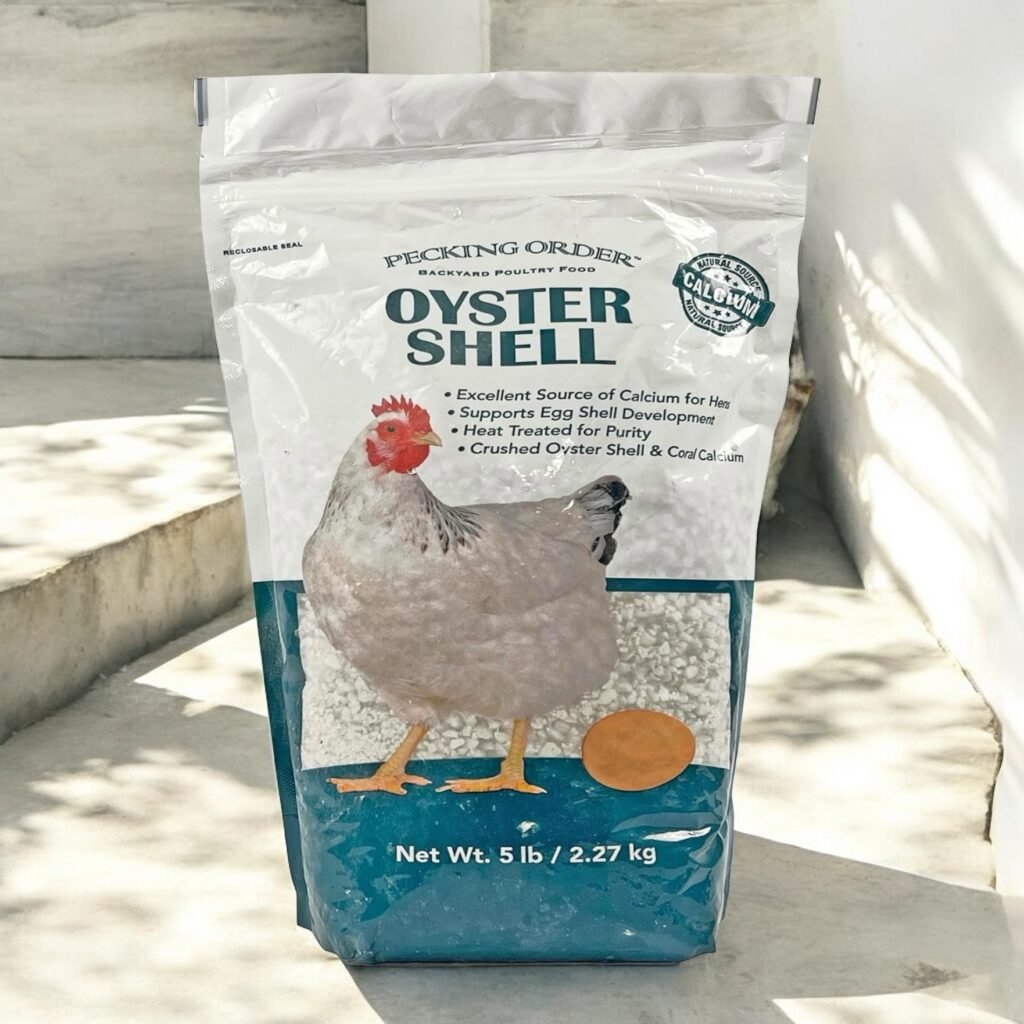
Are They Getting Enough Grit?
It may sound odd, but grit plays a big role here. Without proper grit, your chickens may have digestive discomfort or trouble breaking down their feed. That frustration can turn into egg eating, especially if they spot a cracked shell nearby.
That’s why I always make sure my birds have a reliable supply of insoluble grit. Here’s the chicken grit I trust for my adult hens. It keeps their digestive system in top shape, which means they’re happier—and less likely to look for calcium or entertainment in the wrong places.
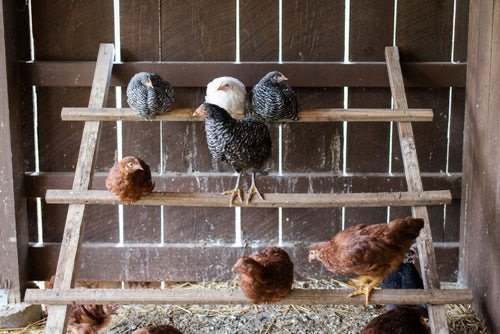
Can It Be Caused by Stress?
Stress is sneaky. It doesn’t just ruffle feathers—it can change behavior, including causing hens to lash out at eggs. This can happen when:
- The coop is too crowded
- There’s a sudden change in lighting or temperature
- Predators are lurking nearby
- They’re being bullied by other hens
Giving your hens enough space, keeping a regular routine, and reducing noise or predator stress can actually stop egg eating before it starts. It’s another reason why calm, content chickens = better egg production and fewer problems.
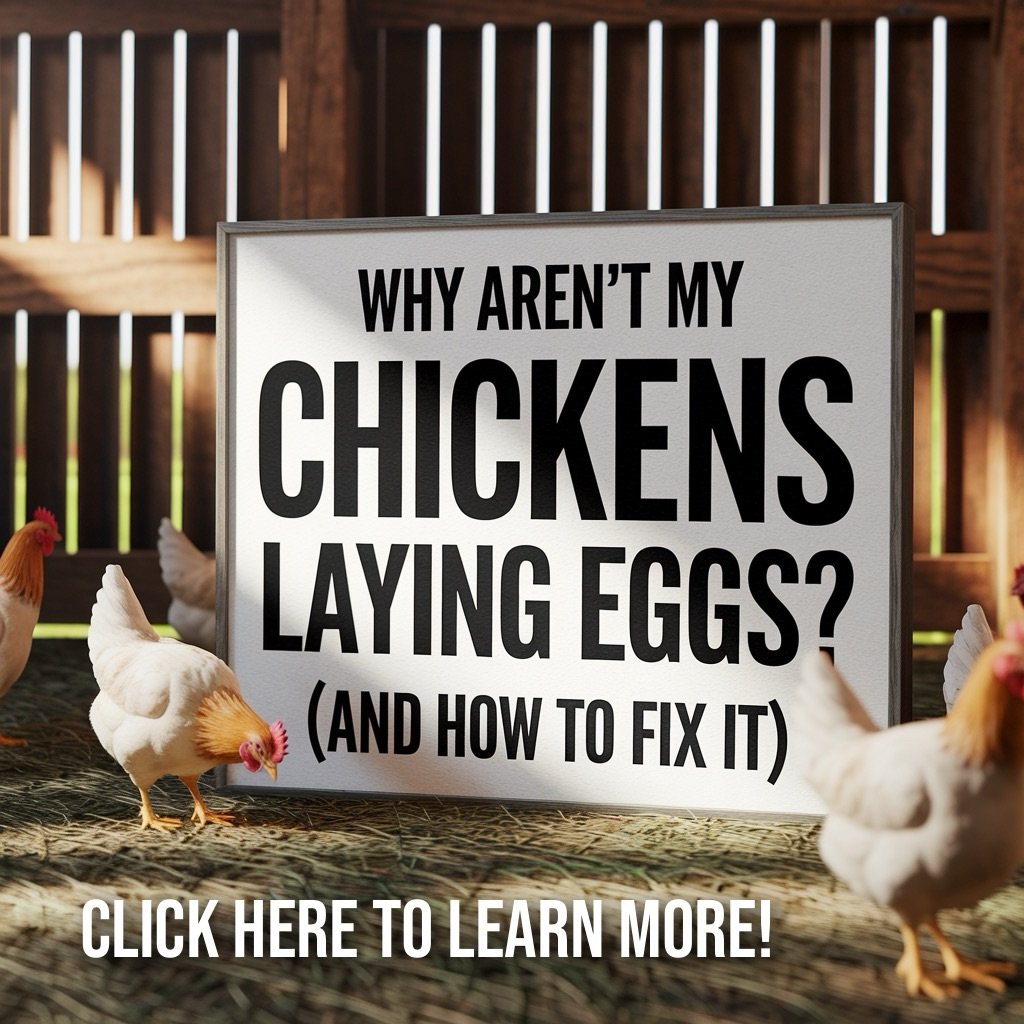
Watch for Accidental Cracks (and Fix Them Fast)
One cracked egg can lead to a free-for-all. Chickens are curious, and if they stumble across a broken shell, their pecking instinct kicks in. That’s why it’s critical to collect eggs often, especially in the morning when they’re fresh.
Also, check the padding in your nesting boxes. I use a combo of straw and nesting box liners to prevent eggs from bouncing around. And for hens that lay on harder surfaces or outside the boxes, ceramic eggs help draw them back to the right spot — which keeps everything safer and cleaner.
As an Amazon Associate we earn from qualifying purchases through some links in our articles.


